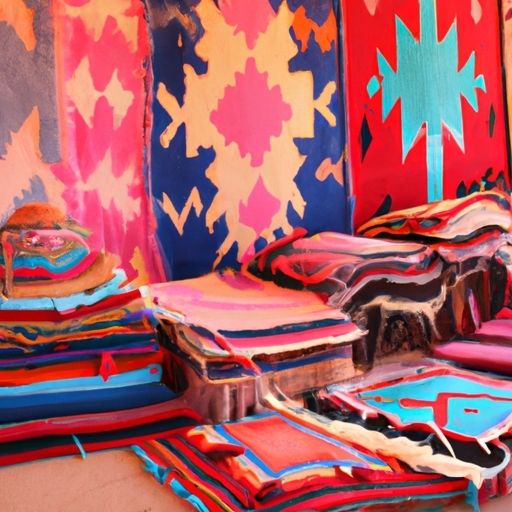
Proving your Native American heritage can be a challenging task. However, with the right documents it's (definitely) doable! You'll need to gather evidence of your ancestry such as birth records, marriage certificates, tribal membership cards and other genealogical papers. These forms of documentation are essential in establishing that you have Native American roots. And while the process may seem daunting at first, don't fret - with a little bit of effort and determination you'll be on your way!
It's important to note that not all documents will be accepted as proof of your heritage. For example, if you're trying to prove a relationship between two people who lived several generations ago, then traditional forms of documentation like baptismal or death records may not suffice. In this case, you may need to look into more specific means such as oral histories or family stories passed down through the generations. Additionally, some tribes require additional forms of verification so make sure to contact them directly for more information about what they expect from potential members.
Finally (and most importantly), don't forget to take advantage of any resources available to help you along the way! Libraries often have collections dedicated to tracing family lines and many websites provide helpful tutorials on gathering evidence for ancestral ties. With enough persistence and dedication you should be able to successfully prove your Native American identity - good luck!
Proving one's Native American identity can be a tricky process, but it's essential to gain access to certain rights and privileges. (Often times, this depends on the specific tribe you are associated with!) In order to properly prove your identity, you must contact the appropriate government agency that is associated with your particular tribe or nation. This could either be a tribal office or department within the federal government. It may also require obtaining special documentation such as birth certificates, tribal enrollment cards, or other forms of proof from your tribe.
In some cases, a DNA test might be necessary! You should contact the agency for further information if this is required. Additionally, they will inform you of any fees associated with obtaining the necessary documentation and provide advice on how to fill out all of the necessary paperwork correctly. Lastly, they may need additional evidence such as photographs or witness statements in order to verify your native American heritage.
An important thing to remember: don't get discouraged! Proving one's identity can seem overwhelming at first glance but with patience and perseverance it can definitely be accomplished! Plus, once you've earned recognition as a Native American individual you will have access to various benefits like health care programs and educational opportunities that are exclusive only to members of federally recognized tribes. So make sure you take all steps necessary in contacting the correct governing body - it'll pay off in the long run!